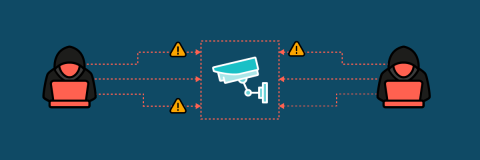CSRF simplified: A no-nonsense guide to Cross-Site Request Forgery
Cross-Site Request Forgery (CSRF) is a serious web security vulnerability that allows attackers to exploit active sessions of targeted users to perform privileged actions on their behalf. Depending on the relevancy of the action and the permissions of the targeted user, a successful CSRF attack may result in anything from minor integrity impacts to a complete compromise of the application.











